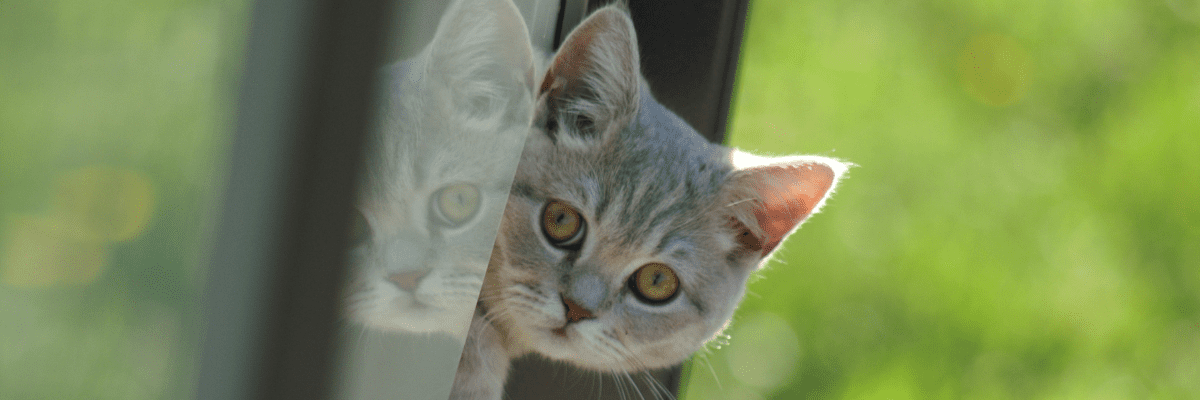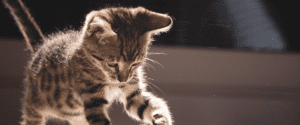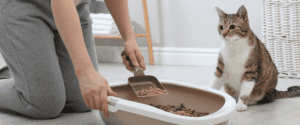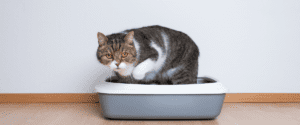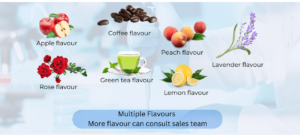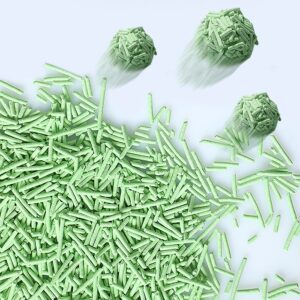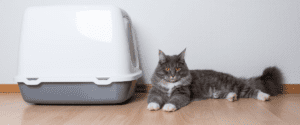The pet industry is evolving rapidly, with sustainability becoming a focal point for many consumers. One notable trend in 2024 is the rise of wholesale plant-based cat litter. As more pet owners seek eco-friendly alternatives to traditional clay and silica gel litters, plant-based options are gaining traction for their biodegradability, low environmental impact, and performance benefits. This blog will delve into the reasons behind this shift, explore the types of plant-based cat litter available, and discuss why wholesale purchasing is an excellent choice for both retailers and consumers.

The Rise of Plant-Based Cat Litter
Environmental Concerns
Traditional cat litter, primarily made from clay and silica gel, has significant environmental drawbacks. Clay litter, for instance, is derived from strip mining, which devastates landscapes and ecosystems. Silica gel litter, while less damaging in production, is non-biodegradable and contributes to landfill waste. As awareness of these issues grows, consumers are increasingly turning to plant-based alternatives.
Health Benefits
Beyond environmental concerns, plant-based cat litter offers health benefits for both cats and their owners. Traditional litters often contain chemicals and dust that can cause respiratory problems and other health issues. Plant-based litters, made from materials like corn, wheat, pine, and paper, are typically dust-free and chemical-free, making them safer for pets and humans alike.

Types of Plant-Based Cat Litter
Corn Cat Litter
Corn-based cat litter is popular due to its excellent odor control and clumping properties. Made from ground corn kernels, this type of litter is biodegradable and flushable, providing convenience and environmental benefits. Brands like World’s Best Cat Litter have paved the way in this category, offering a product that is both effective and eco-friendly.
Wheat Cat Litter
Wheat cat litter is another biodegradable option, praised for its natural clumping ability and odor-neutralizing enzymes. Made from secondary wheat products, this litter is also flushable and compostable, reducing the need for landfill disposal. Swheat Scoop is a leading brand in this category, known for its commitment to sustainability and pet health.
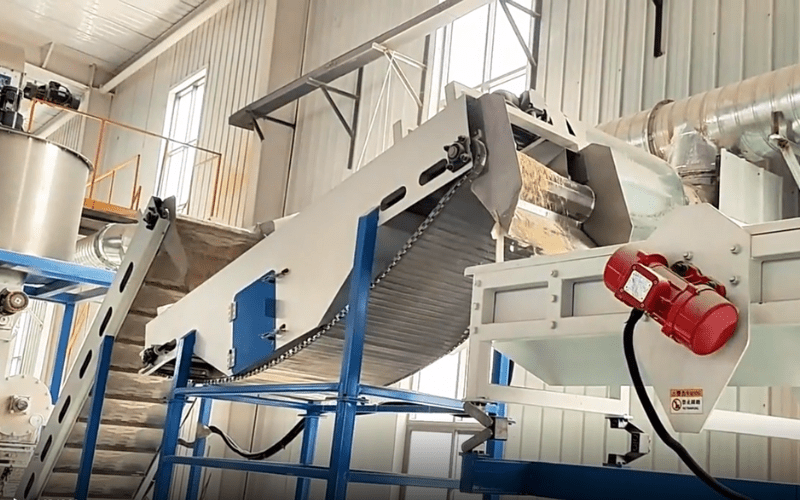
Pine Cat Litter
Pine cat litter, made from reclaimed pine lumber, offers a natural, fresh scent and excellent absorbency. The pellets or granules break down into sawdust when wet, which can then be composted. Feline Pine is a top brand in this segment, providing an eco-friendly solution with minimal dust and strong odor control.
Paper Cat Litter
Recycled paper cat litter is highly absorbent and gentle on paws, making it suitable for kittens and cats with sensitive feet. This type of litter is made from post-consumer paper products, reducing waste and promoting recycling. Yesterday’s News is a well-known brand offering paper-based litter that is both effective and environmentally responsible.
Walnut Cat Litter
Walnut-based cat litter is a newer entrant to the market, made from crushed walnut shells. It offers superior odor control and clumping abilities while being entirely biodegradable and compostable. Naturally Fresh is a leading brand in this category, providing an innovative and sustainable option for pet owners.
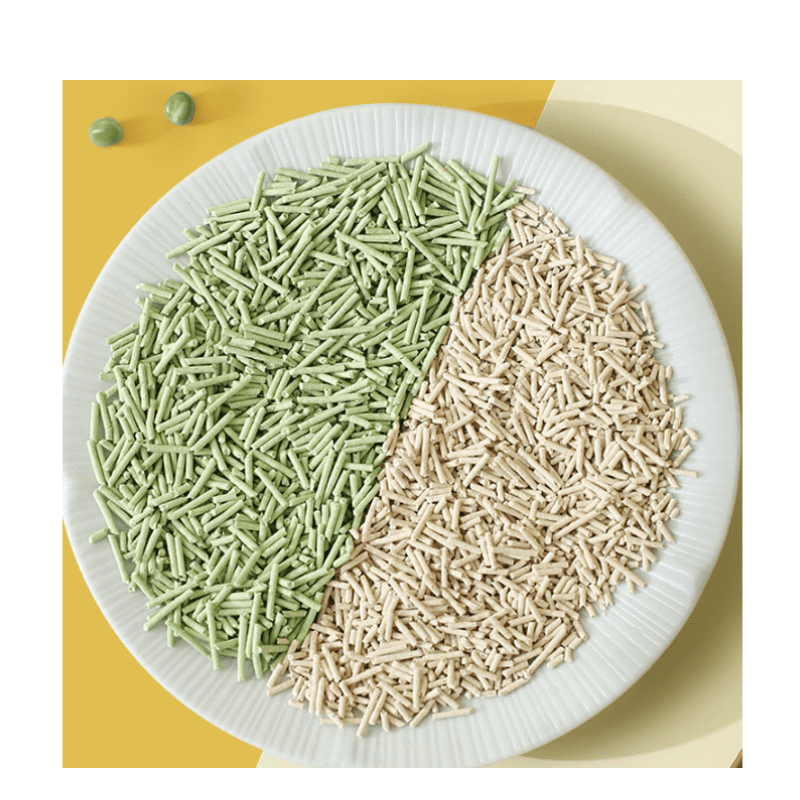
Benefits of Wholesale Plant-Based Cat Litter
Cost Savings
Purchasing cat litter wholesale can result in significant cost savings for both retailers and consumers. Bulk buying reduces the per-unit cost, allowing retailers to offer competitive prices and consumers to save money in the long run. This is particularly beneficial for shelters, catteries, and multi-cat households, where litter usage is high.
Consistency in Supply
For retailers, maintaining a consistent supply of popular products is crucial for customer satisfaction. Buying wholesale ensures that high-demand items like plant-based cat litter are always in stock, reducing the risk of running out and losing sales.
Environmental Impact
Wholesale purchasing also minimizes packaging waste, as larger quantities often require less packaging material compared to individual units. This reduction in packaging contributes to a lower environmental footprint, aligning with the sustainability goals of eco-conscious consumers and businesses.
Building Relationships with Suppliers
Establishing a relationship with suppliers through wholesale purchases can lead to additional benefits such as discounts, early access to new products, and customized orders. These relationships can be valuable for businesses looking to expand their product offerings and stay ahead of market trends.

The Future of Plant-Based Cat Litter
Innovations and Improvements
As the demand for sustainable products grows, manufacturers are continuously innovating to improve plant-based cat litter. Advances in biotechnology and materials science are leading to new formulations that enhance performance while maintaining environmental benefits. For example, some brands are experimenting with bio-based additives to improve clumping and odor control, making plant-based litters even more competitive with traditional options.
Consumer Education
Educating consumers about the benefits of plant-based cat litter is crucial for driving adoption. Retailers and manufacturers can leverage digital marketing, social media, and in-store promotions to highlight the environmental and health benefits of these products. Providing clear information about how to use and dispose of plant-based litter can also help overcome any initial resistance from consumers accustomed to traditional litters.
Regulatory Support
Government regulations and incentives can play a significant role in promoting sustainable pet products. Policies that support the use of renewable materials and penalize environmentally harmful practices can encourage both manufacturers and consumers to adopt eco-friendly alternatives. As governments worldwide become more focused on sustainability, the pet industry is likely to see increased support for plant-based cat litter.
Choosing the Right Plant-Based Cat Litter for Your Needs
Factors to Consider
When selecting a plant-based cat litter, consider factors such as your cat’s preferences, your budget, and the specific benefits of each type of litter. Some cats may prefer the texture of pine pellets, while others might favor the softer feel of paper litter. Additionally, consider the odor control and clumping properties of each type to find the best fit for your household.

Transitioning to Plant-Based Litter
Transitioning your cat to a new type of litter can take time and patience. Start by mixing a small amount of the plant-based litter with your current litter, gradually increasing the proportion over several weeks. This gradual approach allows your cat to adjust to the new texture and scent without stress.
Sustainability Certifications
Look for certifications and labels that indicate the sustainability of the product, such as biodegradable, compostable, and sustainably sourced materials. These certifications can provide assurance that the litter you choose meets high environmental standards.
Conclusion
The shift towards plant-based cat litter is a positive trend for the pet industry, offering significant environmental and health benefits. With a variety of options available, from corn and wheat to pine, paper, and walnut, there is a plant-based litter to suit every cat and household. Wholesale purchasing further enhances the appeal of these products by providing cost savings, consistent supply, and reduced environmental impact. As consumer awareness and demand for sustainable products continue to grow, the future of plant-based cat litter looks promising, paving the way for a cleaner, greener world for both pets and their owners.
By embracing plant-based cat litter and supporting sustainable practices, we can all contribute to a healthier planet while ensuring the well-being of our beloved feline friends. Whether you are a retailer looking to stock eco-friendly products or a pet owner seeking a safer, more sustainable option for your cat, plant-based cat litter is a choice that benefits everyone.
